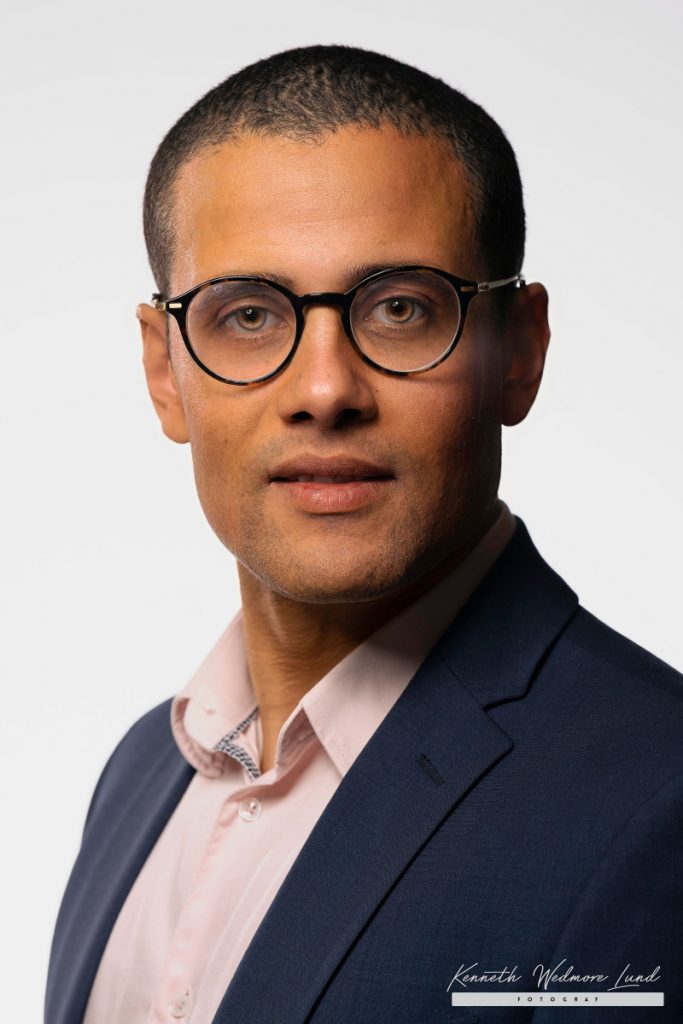
Kaitlyn Finchler
Staff writer
From Socrates to social media, free speech has been a topic of democratic thinking since its origin — and has simultaneously been under attack since.
Jacob Mchangama, Danish lawyer and CEO of think tank Justitia, will deliver his lecture at 10:45 a.m. today in the Amphitheater, where he will contextualize the current controversies surrounding free speech.
“The idea that is gaining traction that there’s a tension between free speech and equality is wrong,” he said. “With that, free speech (and) equality values are mutually reinforcing rather than individually.”
He wants Chautauquans to reinforce the commitment to American free speech exceptionalism in “a world where free speech is in retreat.”
Democracy, he said, is meaningless without free speech. All the way back to the Athenian direct democracy, resilience has “gradually accustomed human beings to tolerate ideas” previously seen as dangerous or needing to be suppressed.
Mchangama was inspired to found Justitia, which focuses on human rights, freedom of speech and the rule of law, following controversy surrounding cartoons depicting the prophet Muhhamad published by Jyllands-Posten in Denmark. On Sept. 30, 2005, the Danish newspaper published 12 editorial cartoons, most of which depicted the prophet in order to contribute to the debate regarding criticism of Islam and self-censorship.
This led to objections from Danish Muslim groups, then protests around the world — which sparked violence and riots in some Muslim countries.
“Right now, there’s a new debate in Denmark about whether to reintroduce the blasphemy laws due to Quran burnings,” Mchangama said. “I thought (to set) up a think tank because I really believe that a thriving culture of free speech is essential to a better future for all of humanity.”
While working as a lawyer has informed Mchangama of the legalities of free speech, he said lawyers shouldn’t have a “monopoly on speaking about or understanding free speech.” Everyone needs to be involved — historians, anthropologists, engineers, data scientists and more — to “build a resilient culture of free speech in the 21st century,” he said.
As the author of Free Speech: A Global History From Socrates to Social Media, published in 2022, Mchangama traces and outlines the ancient roots of free speech, how it spreads across the globe and connects speech controversies of the past with digital ones of the modern era.
Using Free Speech and his work, Mchangama will frame his lecture with instances of history repeating itself for the Week Eight theme, “Freedom of Expression, Imagination and the Resilience of Democracy.”
“A lot of the arguments that we use today to discuss free speech really are built on centuries — sometimes millenia-old — discussions about the role of free speech,” he said.
Often people think they have started a new narrative on these issues, he said, but these arguments follow patterns — especially to those who argue to limit free speech.
The next battleground, he said, is whether democracy is willing and able to stand up for free speech, both in America and abroad.
“We’re living in a time where liberal democracy is in retreat across the world,” Mchangama said. “A lot of democracies feel a lot less confident about their own systems of governance, and feel that they are on the defensive and therefore can’t be as assertive about their values.”
He said it’s crucial to “counter this development” by challenging democratic governments and citizens to stand for the “value that is the precondition for free speech” to thrive globally.
Democracy has no “meaningful sense” without freedom of speech. Mchangama said as a citizen, there’s the right to vote and elect representatives, but if those representatives can’t debate or have different ideas, there can’t be a democracy.
“If the political party that comes into power is given the right to censor, then it becomes much more difficult to peacefully transfer power,” he said.
In these “polarized and divided” times, Mchangama said even though free speech allows extremists to spread false ideas, free speech also underpins American society.
“Using censorship and restrictions is a cure that is worse than the disease,” he said.




